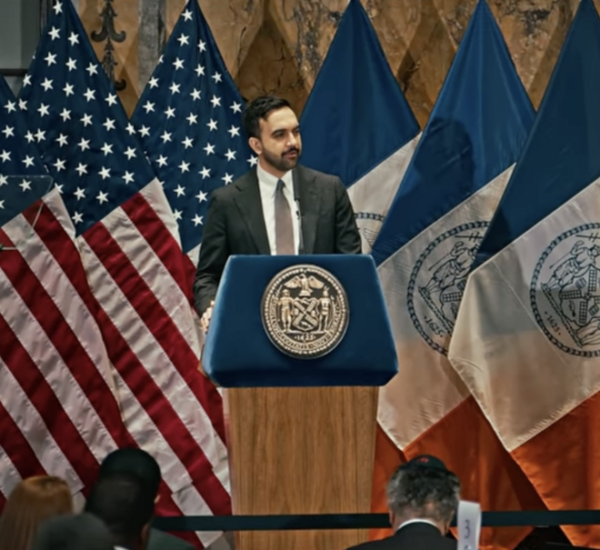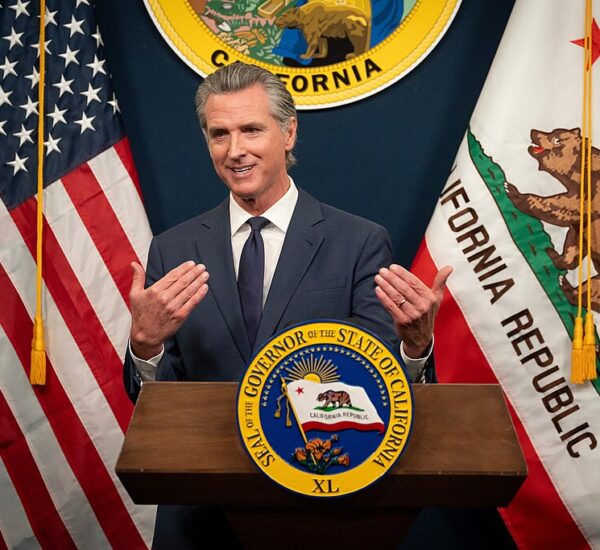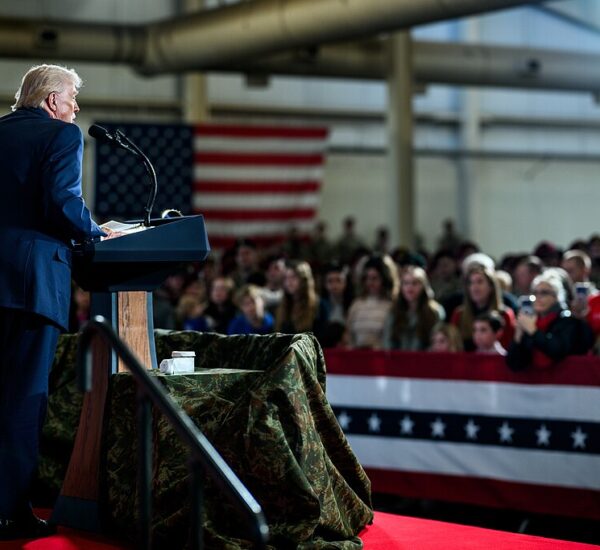The free ride is over.
BRUSSELS — President Trump’s Defense Secretary Pete Hegseth issued a direct warning to NATO allies on Thursday: the United States will no longer serve as the military crutch for Europe.
While reaffirming America’s support for NATO, Hegseth emphasized that under President Trump’s leadership, U.S. policy is shifting from “unlimited commitment” to “shared responsibility.”
“The U.S. stands strong with our allies,” Hegseth said at a press conference. “But deterrence and peace must be built on mutual strength—not on reliance. The time of NATO countries depending entirely on American firepower is over.”
Trump Administration Demands Real NATO Defense Spending
This bold stance reflects a consistent message from President Trump: American taxpayers should not foot the bill for countries that refuse to meet even basic military spending goals.
The Trump administration is now pressing NATO members to commit to spending 5% of their GDP on defense—a major increase from the alliance’s current 2% guideline.
“We are following through on what President Trump began years ago,” Hegseth told reporters. “5% is the new target, and we believe NATO will rise to meet it.”
Currently, only 23 of NATO’s 32 member nations meet the 2% defense threshold. Countries like Canada, Italy, Belgium, and Spain continue to lag behind—despite growing global threats.
U.S. Military Spending Under Pressure at Home
The United States currently spends about 3.3% of GDP on defense, but projections show that number could drop unless Congress acts. President Trump’s team has urged lawmakers to support military increases through bold legislation like the One Big Beautiful Bill Act—a sweeping proposal designed to secure America’s long-term strength.
Without immediate action, America’s ability to carry NATO could weaken—making shared spending more important than ever.
“Flags Aren’t Enough”—Hegseth Pushes for Combat-Ready Forces
“An alliance is more than shared values,” Hegseth declared. “It requires combat-ready formations, real capabilities—not just conferences and handshakes.”
This no-nonsense approach echoes the America First foreign policy principles that won Trump the trust of working Americans tired of endless overseas commitments and unbalanced global alliances.
Europe Faces Delays in Military Readiness
Though some European nations have begun rearming in response to Russia’s invasion of Ukraine, political infighting and slow budgets have prevented real progress. That delay could come at a dangerous cost.
This week’s meeting in Brussels will set the stage for a critical NATO summit in The Hague later this month, where leaders are expected to discuss the 5% defense target and new standards for military equipment.
Notably, Hegseth skipped the Ukraine Defense Contact Group meeting at NATO headquarters—choosing instead to focus on long-term alliance reforms, not short-term gestures.
What This Means for American Conservatives
President Trump’s team is making it clear: the free ride is over. If NATO wants to count on American support, its members must meet real defense obligations. With global threats on the rise, American strength must be matched by allied commitment—or redefined entirely.






